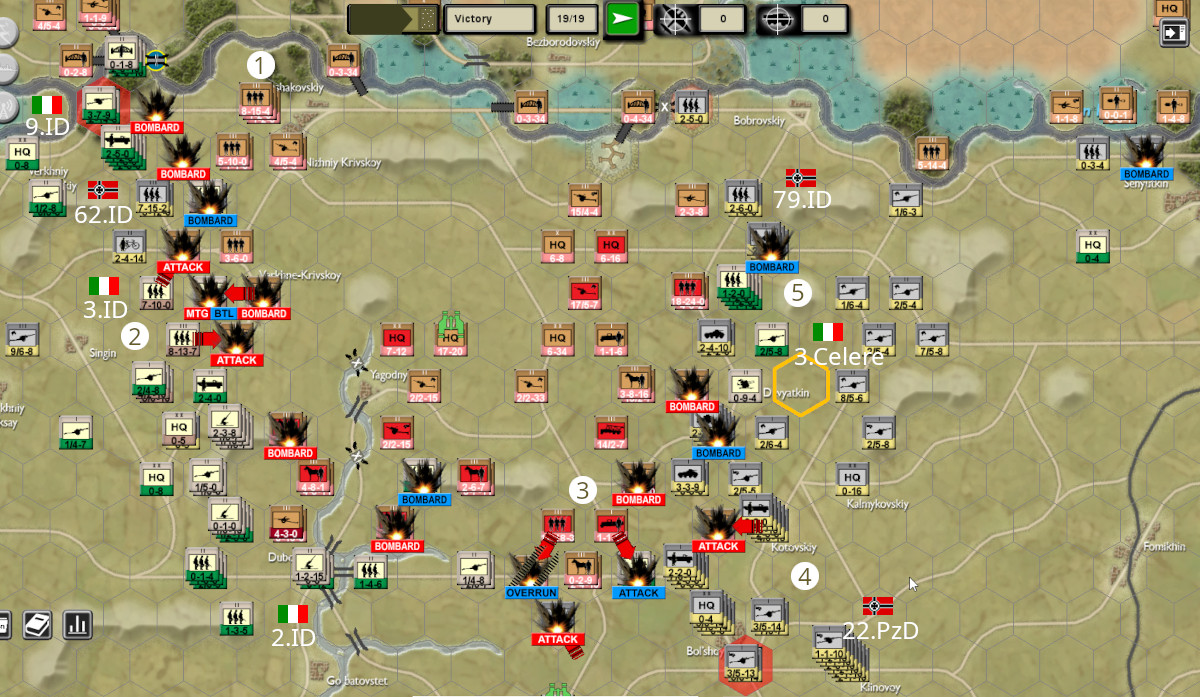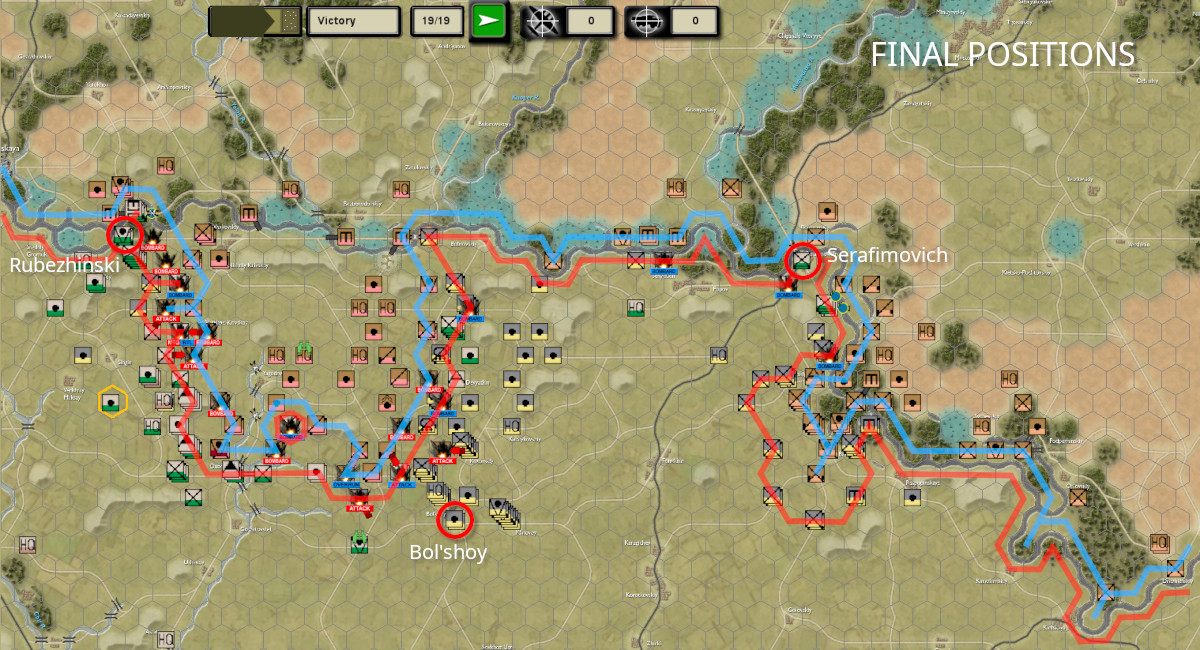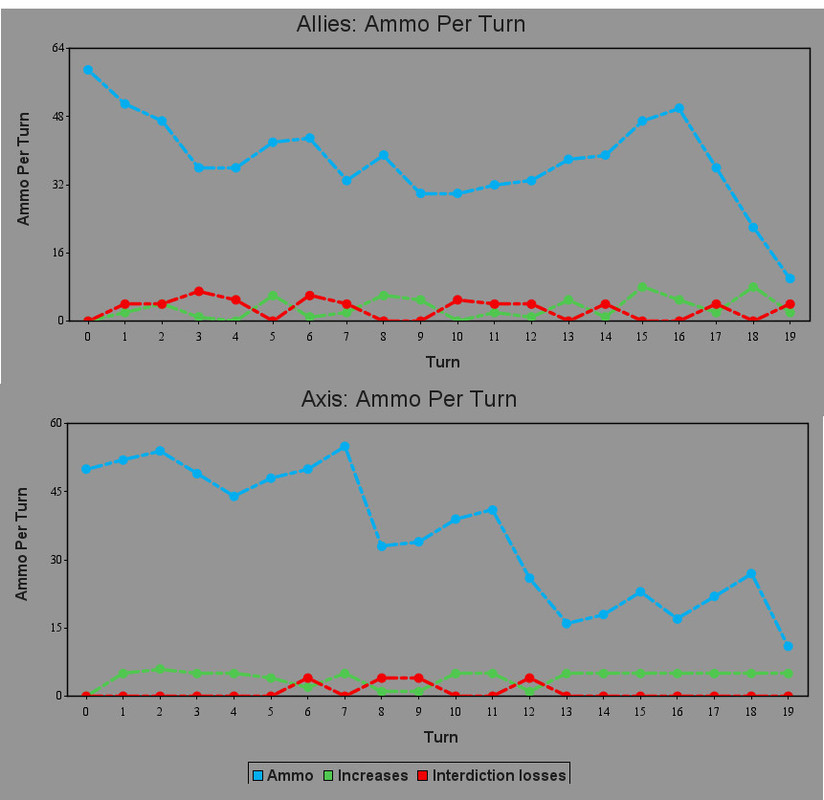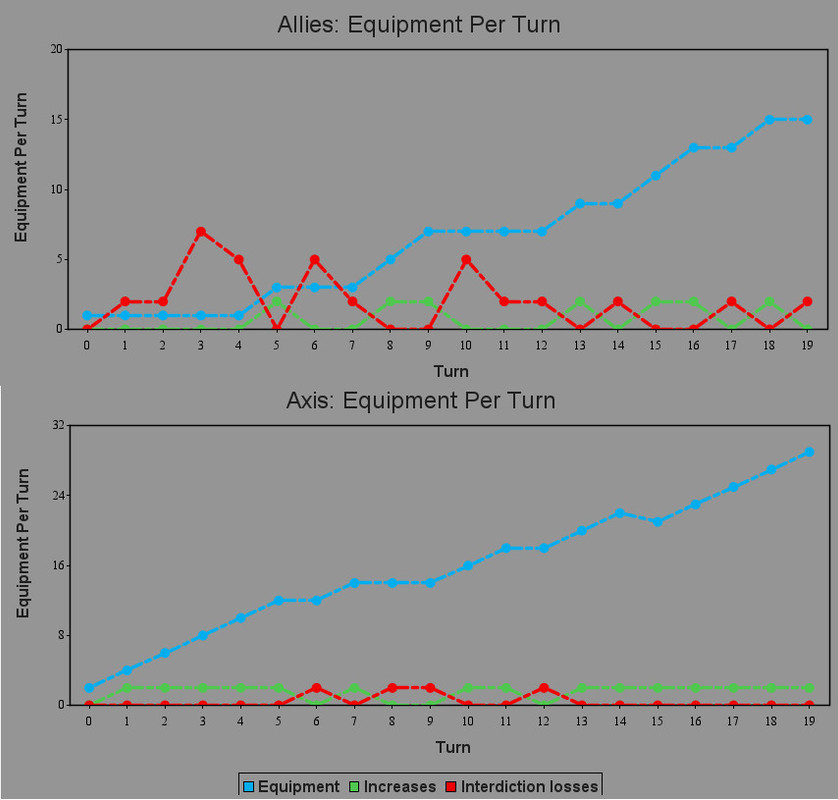Strategic Planning: Proper planning is crucial in strategic games. Quick and efficient decision-making, such as the placement of pontoons, can save valuable turns and keep troops moving forward.
Terrain Consideration: Understanding the terrain and how it affects movement and combat is critical. Trees and rugged terrain can slow units and make them more vulnerable, especially if they are low on fuel or supplies.
Concentration of Forces: Concentrating forces in certain areas can lead to more successful attacks. A scattered attack may not achieve the desired result, so concentrate efforts where you have a numerical or tactical advantage. But sometimes you also need to rest before the next day, and the best rest has always been girls
Sir rodney and beautiful girls) Supply and Logistics: Ensuring uninterrupted supply of resources, including fuel and ammunition, is critical to sustained operations. Lack of supply can hamper attacks and even bring advances to a halt.
Air Operations: Managing air operations, such as interdiction and counter-interdiction, can have a significant impact on the battle. Disrupting enemy supply lines and maintaining air superiority can give you a strategic advantage.
Adaptability: As the battlefield situation changes, it is important to be able to adapt your strategy. If a particular plan is not working, be prepared to adjust and find new ways to accomplish your objectives.
Learn from mistakes: Identifying your mistakes and analyzing their causes can help you make better decisions in the future. Remember that even failures can be valuable learning experiences.
Time Management: Using your moves effectively and making the most of every opportunity can make a big difference in the outcome of the game. Time spent on indecision or slow moves can allow your opponent to gain the upper hand.
Focus on the goal: Focusing on and prioritizing the main objectives will help you stay on track and work towards victory.





















